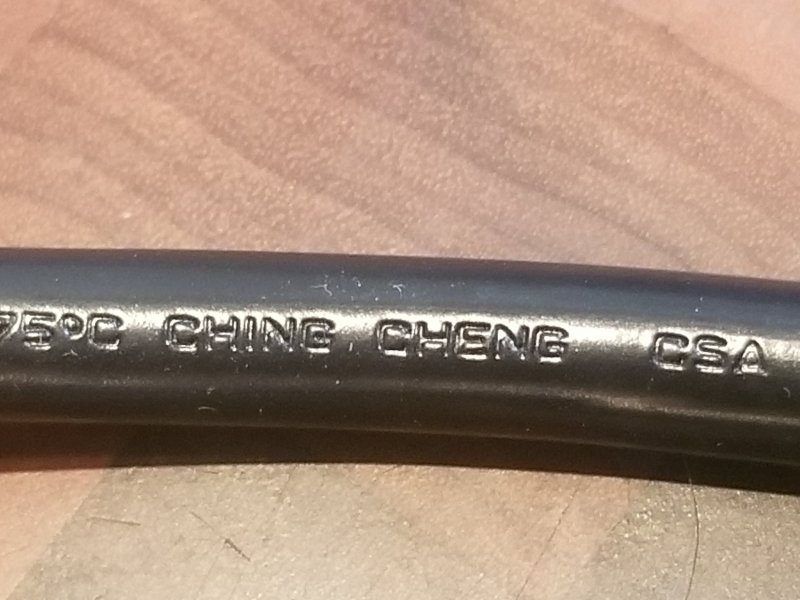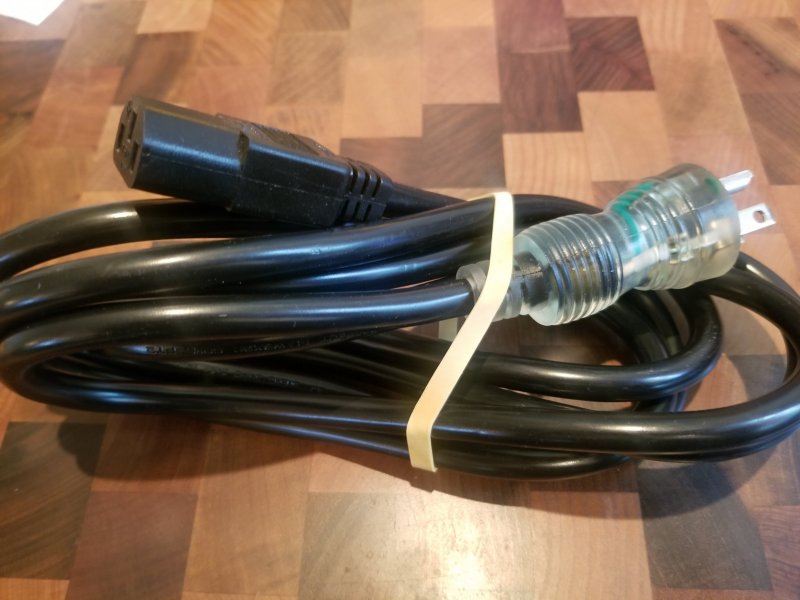...speakers, especially big/heavy speakers, must be the most difficult pieces for home demo. And a bit of a leap of faith as well.I've found in-home demos for gear to be invaluable, but I can't see how to do that for speakers.
I have the comparatively "light-weight" Magico A5s, but even so, a full-on project to get them 64 miles/100km from shop to home. I thought it was fair that the shop asked for a delivery fee to move and set them up.
As this was a new dealer relationship, they actually asked that I purchase them, with the promise of a full refund, minus delivery cost. If these were 60K speakers, that would be a fun conversation.
I thought the speakers sounded to my taste in the shop, but the room was a bit crowded, so I was confident they would be better at my place. And they are.
And therein lies the "leap of faith" aspect. I think you would need a strong dealer relationship and a lot of confidence that you/your dealer/acoustic designer could get things right at home. Imagine moving those giant Easter Island Moai statue Wilsons home and disliking them. Whoah. That would be painful on many levels.








